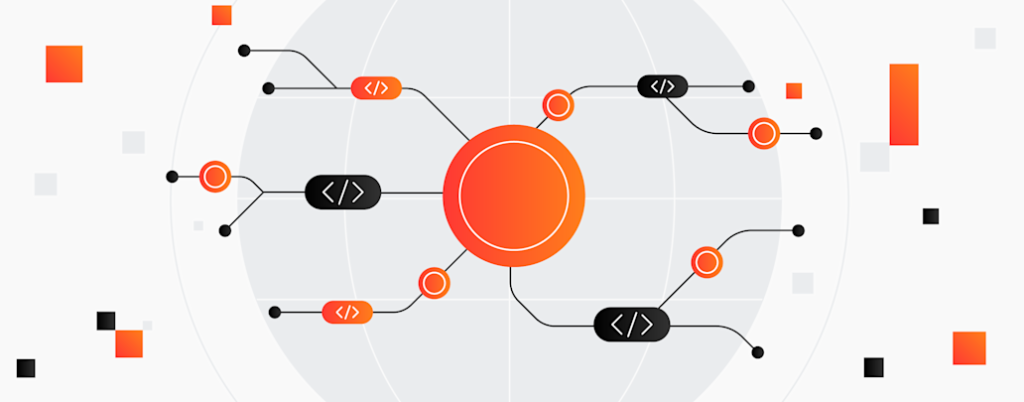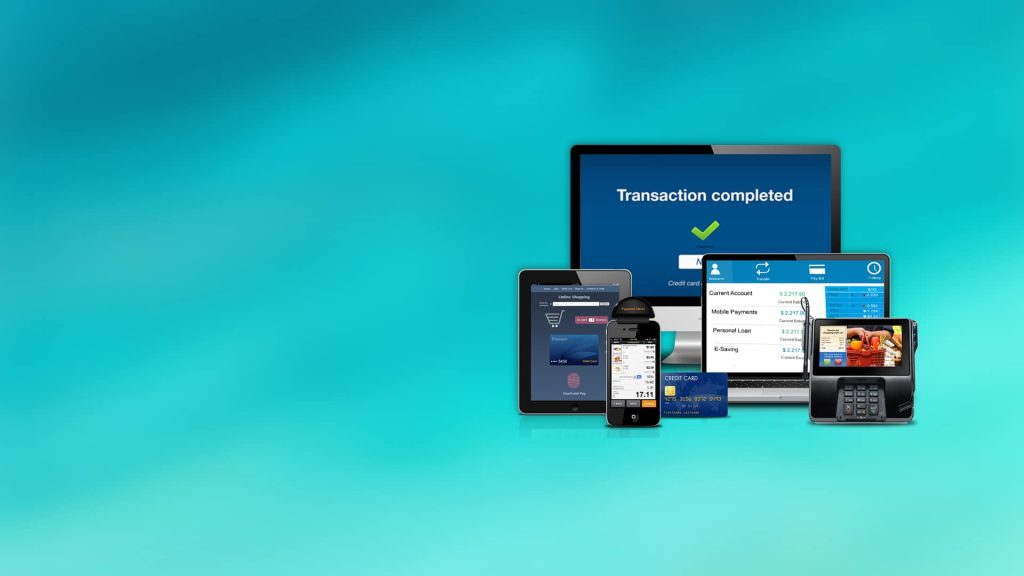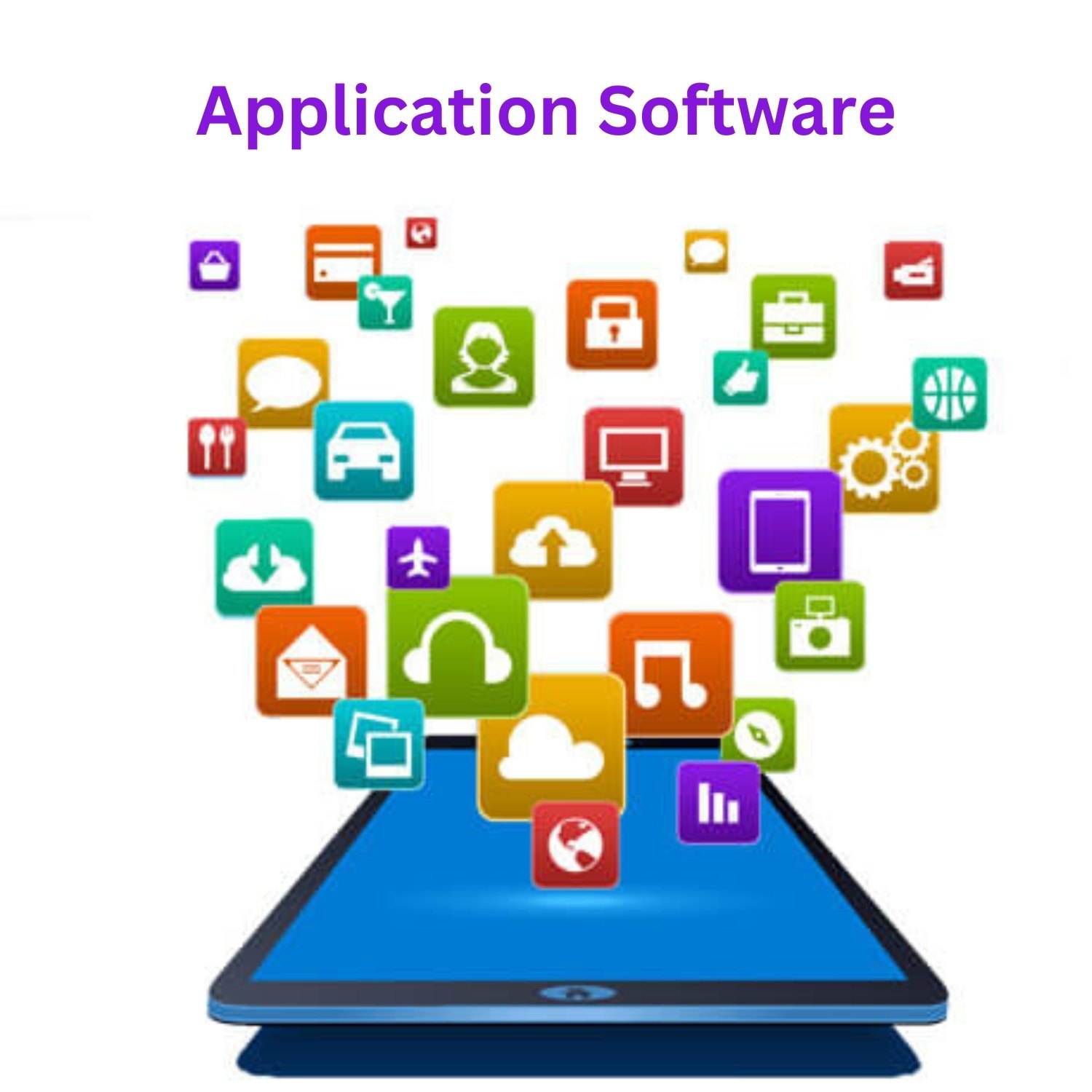AUTHOR :HAANA TINE
DATE :29/02/2024
Introduction
In the digital age, payment processing has become an integral part of businesses across various industries. Payment processor software plays a crucial role in facilitating seamless transactions and managing financial operations efficiently. In India, the landscape of payment processing has evolved significantly, with the emergence of advanced software packages tailored to the diverse needs of businesses.
Key Features of Payment Processing Software Packages
Security measures, integration capabilities, transaction fees, and reporting tools are among the key features that businesses consider when selecting payment processor software. These software packages prioritize data security, offer seamless integration with existing systems, provide transparent pricing models, and equip businesses with robust analytics tools.
Popular Payment Processor Software Packages in India
Razorpay, PayU, Instamojo, and PayPal are among the leading payment processor software packages in India. Each platform offers unique features and benefits, catering to the varying needs of businesses across different sectors.
Comparison of Payment Processor Software Packages

Businesses often compare payment processor software based on pricing, features, user experience, and customer support. Conducting a thorough comparison helps businesses make informed decisions and choose the software that best aligns with their requirements and budget.
Factors to Consider When Choosing Payment Processor Software
Business type, security requirements, integration needs, and budget constraints are essential factors to consider when selecting payment processor software. Understanding these factors helps businesses identify the most suitable solution for their specific needs.
How to Select the Right Payment Processor Software for Your Business
Assessing business needs, researching available options, requesting demos, and seeking recommendations are crucial steps in selecting the right payment processor software[1]. Taking the time to evaluate different software packages ensures that businesses invest in a solution that meets their long-term objectives.

Implementation and Integration Process
Implementing payment processor[2] software involves setting up accounts, integrating with existing systems, and conducting thorough testing to ensure seamless operations. Businesses should also be prepared to address any technical issues that may arise during the implementation process.
Benefits of Using Payment Processor Software
Streamlined payment processes, enhanced security measures, improved financial management, and access to valuable insights are some of the key benefits of using payment processor software. These software packages[3] enable businesses to optimize their financial operations and provide a better experience for customers.
Challenges and Considerations
Regulatory compliance, technical issues, and customer trust are among the challenges and considerations associated with payment processor[4] software. Businesses must stay updated on regulations and address any concerns related to security and reliability.

Future Trends in Payment Processor Software
Mobile payment solutions, blockchain technology integration, and enhanced fraud detection mechanisms are shaping the future of payment processor[5] software. As technology continues to advance, businesses can expect more innovative solutions to address their evolving needs.
Conclusion
Choosing the right payment processor software is essential for businesses to streamline their financial operations and provide a seamless payment experience for customers. By considering factors such as security, integration, and pricing, businesses can select a software package that aligns with their goals and objectives.
FAQs
- What are payment processor software packages? Payment processor software packages are tools designed to facilitate electronic transactions, manage financial operations, and provide businesses with insights into their payment activities.
- How do I know which payment processor software is best for my business? To determine the best payment processor software for your business, consider factors such as your business type, security requirements, integration needs, and budget constraints. Conducting thorough research and seeking recommendations can also help you make an informed decision.
- What security measures should I look for in payment processor software? When selecting payment processor software, prioritize platforms that offer robust security measures, such as encryption, tokenization, and fraud detection capabilities. Additionally, ensure that the software complies with relevant data protection regulations.
- Can payment processor software integrate with my existing accounting system? Many payment processor software packages offer seamless integration with popular accounting systems, allowing businesses to sync transaction data and streamline their financial processes. Be sure to check compatibility and integration options before making a decision.
- Are there any hidden fees associated with payment processor software? While most payment processor software packages have transparent pricing models, it’s essential to carefully review the terms and conditions to understand any potential hidden fees, such as transaction fees, monthly subscriptions, or additional service charges.

